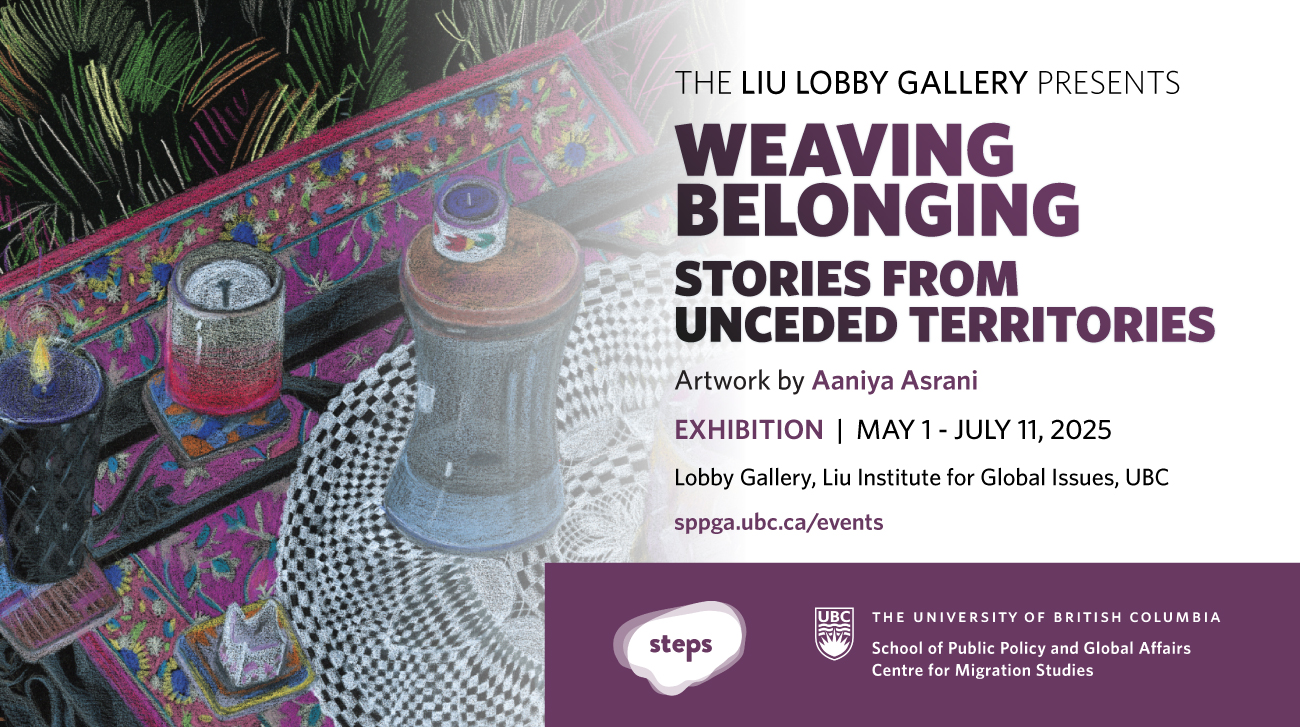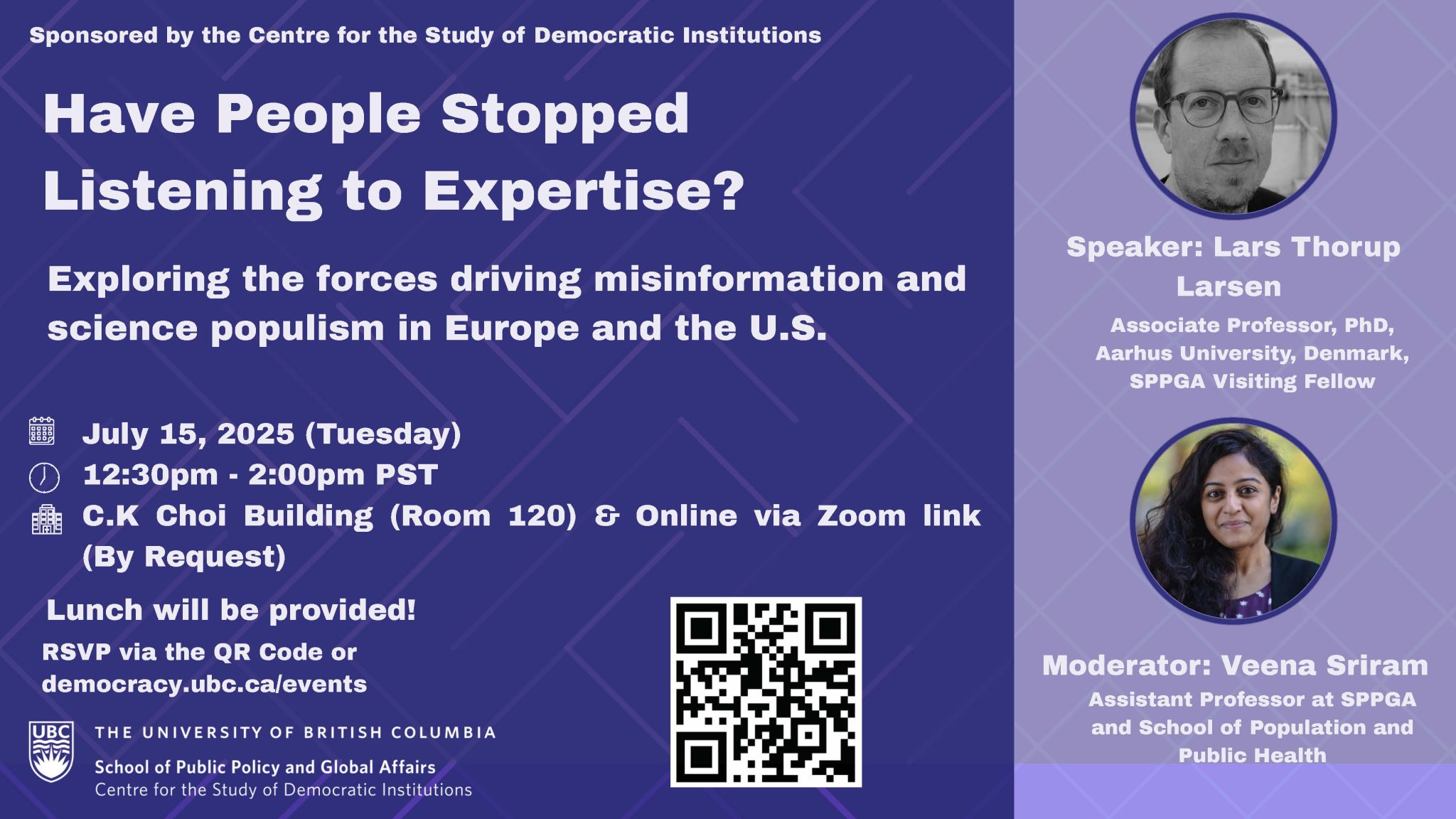There has been a widespread perception that politics in South Korea and Taiwan have become increasingly polarized in recent elections. Are the electorates in both countries also polarized, and if so, what are the sources of this polarization? Visiting Scholar Hyunji Lee will briefly discuss some common causes of the recent social movements in both countries — i.e., the candlelight protests in Korea (2008) and the Sunflower movement in Taiwan (2014) — and identify some similarities and differences between Korea and Taiwan in the patterns of political cleavages. More specifically, Hyunji Lee employs “affect” rather than “ideology” as an indicator of mass polarization, and find that the electorates both in Korea and Taiwan are clearly polarized when defined in terms of likes and dislikes toward political parties (“affect”). Hyunji Lee will demonstrate that political trust or a lack thereof is at the root of affective polarization both in Korea and Taiwan. Discontent regarding democratic representation is closely associated with cold feelings toward the ruling right-wing party in each country; and Hyunji Lee argues that this may reflect the persistence of a softer version of the old pro-democracy vs. anti-democracy cleavage that originated during the pre-democratic period.
About the Speaker
Hyunji Lee, is a Visiting Researcher at IAR. Hyunji’s research focus is concentrated on public opinion and policies about issues that entail risk and uncertainty; impacts of parties and electoral systems on policy-making (South Korea and Taiwan); and gender differences in public opinion.
View PDF Poster here.
RSVP here.
Sponsor: Institute of Asian Research, Centre for Korean Research
By: Hyunji Lee, IAR Research Associate
Type: Discussion

